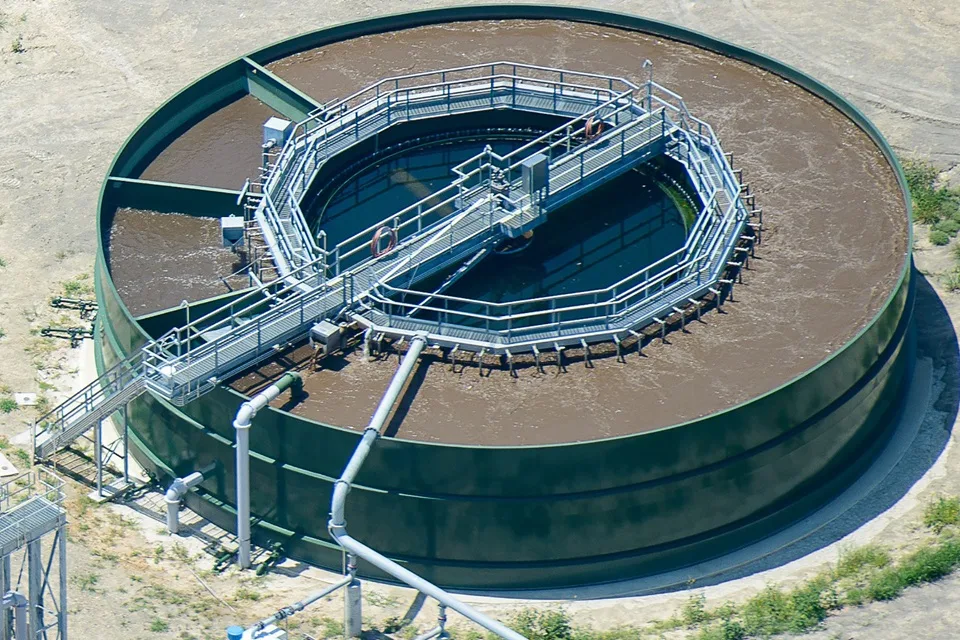Are you trying to decontaminate your wastewater and turn it back into a state free from contaminants and safe for the environment? The following solution is wastewater treatment. Wastewater has many sources, ranging from households, industrial runoff, and stormwater to agricultural activities. Polluted water is deadly to human and aquatic life and has detrimental effects on the ecosystem. Therefore, wastewater treatment is imperative to environmental conservation. Here are some tips for picking the right technology for your wastewater treatment needs.
Navigating the Contaminant Landscape: Types and Challenges
Firstly, we need to identify the nature of the wastewater we are dealing with. Different contaminants, e.g., heavy metals, organic matter, or pathogens, have different treatment methodologies. For example, organic matter is best handled through a two-step approach: sedimentation to remove the heavy solids that can settle and biological treatment such as activated sludge, trickling, and biofilters that break down organic matter through the use of microorganisms.

Pathogenic contaminants may be cleared through chlorine or ultraviolet (UV) irradiation, making different bacteria, viruses, and parasites inactive.
Oil- and grease-tainted wastewater is skimmed and undergoes dissolved air floatation to aerate the wastewater and lift the remaining oils to the surface for further skimming.
Regulatory Roadmap: Navigating Compliance and Standards
Something else to consider when choosing the appropriate wastewater treatment technology is the regulatory requirements in place in your region. Wastewater treatment is often well-regulated, and standards dictate treatment goals. These regulations also dictate the fitness of treated wastewater for release into the environment. It is advisable to keep an eye out for future regulations that may be enacted to future-proof your wastewater treatment plant.
The Role of Capacity, Scale and Geography
Another important consideration is the capacity and scale of your wastewater treatment operation. What is the daily flow rate you expect to process on-site? Do you foresee this volume increasing with time or the quality of wastewater changing? Capacity in wastewater treatment is typically measured in cubic meters per day (MGD or m³/day). It is essential to design your plant’s technology to handle peak flow rates experienced during high wastewater production situations such as wet weather events. More capacity means larger tank reactors and industrial-grade filters.
Your region’s geography will also dictate your wastewater treatment operations, with considerations such as available space and soil type.
Economics of Clean Water: Cost and Complexity Considerations and Benefits
Capital costs are a must. Determine how much all the different equipment cost, including the construction and installation. How much will labour cost to run your wastewater treatment plant? How much chemical will it use in its day-to-day operations? What about energy requirements? Thinking about these factors in advance allows you to integrate cost-saving measures such as bulk ordering chemicals to get discounted rates and using renewable energy, such as solar power, to run your operations.
Another aspect to consider is the complexity of your operation and maintenance costs. Is it easy to get replacement parts in case of mechanical failure? How complex is the water treatment technology, and what expertise is needed to run it all successfully?
Environmental and Social Impact
Lastly, your wastewater treatment technology’s environmental and social impact must be analysed to balance the benefits and drawbacks. Consider the energy efficiency, disposal procedures, and community integration. Ultimately, the right technology for your wastewater treatment system is meant to offer more good than harm. Otherwise, it’s not worth the investment.
Choosing a significant asset as a water treatment system is a big decision. Therefore, consult widely and involve all the experts. The proper selection will make a big difference.


